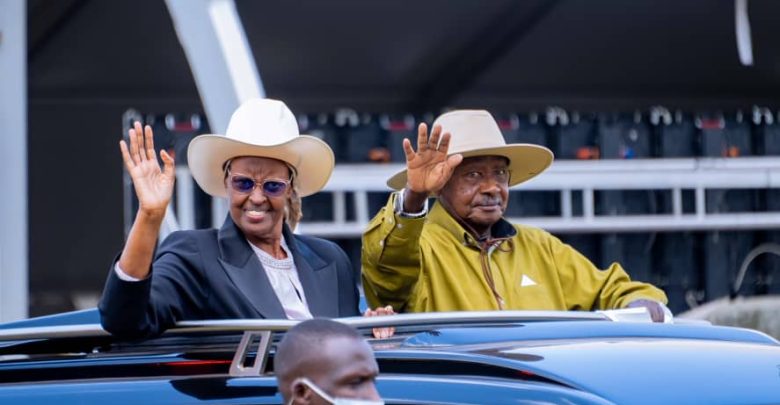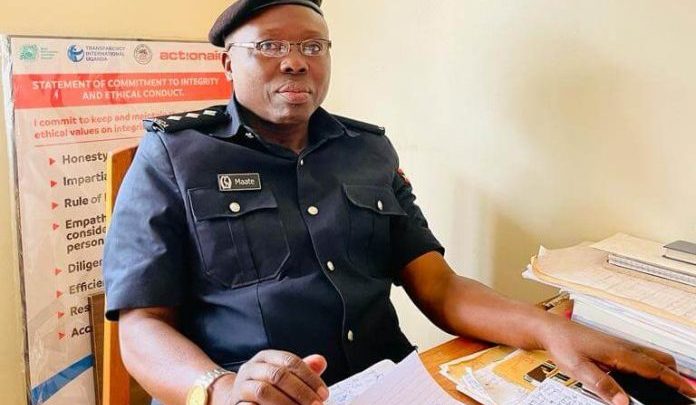The Women in Media Association in Ankole (WOMA) has registered 10 cases of sexual harassment against female journalists.
The association says the cases highlight ongoing challenges faced by women in the media industry in that region. It urges for enhanced protection and equality measures targeting women in the media.
Praise Rukundo, the legal and protection officer of the Women in Media Association, said female journalists encounter various forms of harassment, including intimidation and threats, both in the workplace and while on assignments.
She narrated that the majority of sexual acts are committed on female journalists by their bosses, security officers, and news sources.
Rukundo says these incidents not only endanger the safety of female journalists but also hinder their contributions to public discourse and investigative reporting.
She called for serious measures to protect female journalists while doing their work but also cooperating with security operatives to ensure their safety.
Employment (Sexual Harassment) Regulations, 2012 require n employer with more than twenty five employees shall adopt a written policy against sexual harassment.
The policies must include a notice to employees that sexual harassment at the workplace is unlawful.The regulations also require a statement that it is unlawful to retaliate against an employee for filing a complaint of sexual harassment or for cooperating in an investigation of a sexual harassment complaint.
They provided that an employer shall specifically prohibit the dissemination of sexual explicit voice mail, e-mail, graphics, downloaded material or websites in the workplace and shall include these prohibitions in the workplace policy.
Rukundo emphasized the critical importance of media houses and government bodies implementing stringent measures to safeguard female journalists.
“We urge media houses to prioritize safety measures and create an environment that respects the dignity and rights of all journalists.”
Gloria Ankunda, a member of Women in Media, said that they have begun providing female journalists with security training on how to manage the risks they may encounter while carrying out their work.
She said they have instructed their legal counsel to pursue legal action against perpetrators of sexual harassment on female journalists in court.
Coslin Nakayiira Agasaro, affiliated with the Nation media outlet, voiced concerns about the numerous challenges faced by female journalists, including verbal abuse and physical threats noting that this underscores the pervasive nature of gender-based violence in journalism.
“We face sexual abuse not only in the field but even at our workplace citing the number of female journalism interns that make it out to employment are few because they are harassed or some are denied field opportunities because they are on bad terms with their bosses over sex in one way or the other”
Adella Orishaba, the head of news at Sky Television, expressed concern about the limited number of female journalists in the newsroom, as well as those who host talk shows.
She called on the government and other media activists to sensitize and empower women journalists about their rights, and to encourage them to say no to sexual harassment.
She also emphasized the importance of reporting any incidents for legal action rather than suffering in silence.
-URN-




















